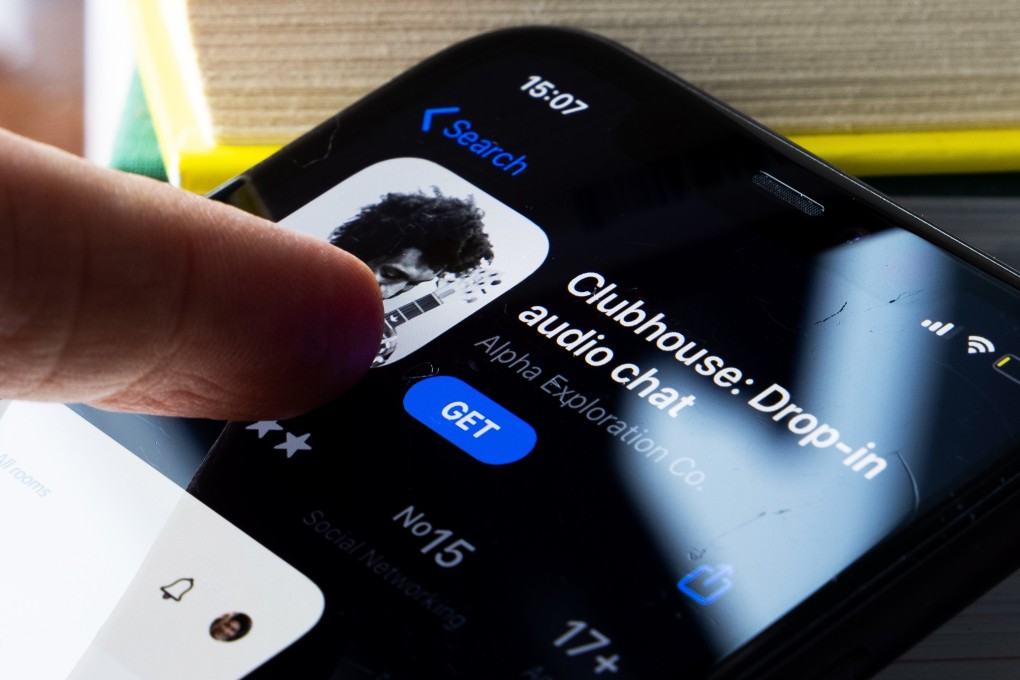Advertisement
Clubhouse tempts censorship in China as users flock to social network’s audio chat rooms to debate Hong Kong, Xinjiang
- The app has quickly gained popularity among mainland Chinese users as it gives them a rare space to freely discuss sensitive political topics
- Ironically, that may bode ill for its prospects as Beijing is prone to intolerance of open discussion of issues that it deems off limits
Reading Time:4 minutes
Why you can trust SCMP
51

Clubhouse, the popular audio-chat social networking app, has been quickly gaining in popularity among mainland Chinese users as it gives them a rare space to freely discuss such sensitive topics as Hong Kong and Xinjiang.
Clubhouse, which received a boost from Elon Musk this month, is not available in China’s Apple Store and is an invite-only app on iOS devices at the moment. That has not stopped mainland Chinese users from scrambling to download it by using overseas Apple IDs and buying invitation codes where necessary.
On China’s largest e-commerce platform, Taobao, a search using the keywords “clubhouse invitation” in Chinese generated more than two dozen results. An online shop in Shanghai, boldly calling itself “clubhouse invitation code”, has sold more than 200 invitations in the last month, with codes priced up to 329 yuan (US$50).
Advertisement
For users in mainland China, the app, which doesn’t support text or video, has offered a fresh platform for social debate.
“I’ve been on Clubhouse for about two weeks. So far, the biggest topics are in tech, start-up, investment and [venture capital] spaces,” said Arnold Ma, founder and an executive of China-focused digital agency Qumin.
Advertisement
Advertisement
Select Voice
Select Speed
1.00x